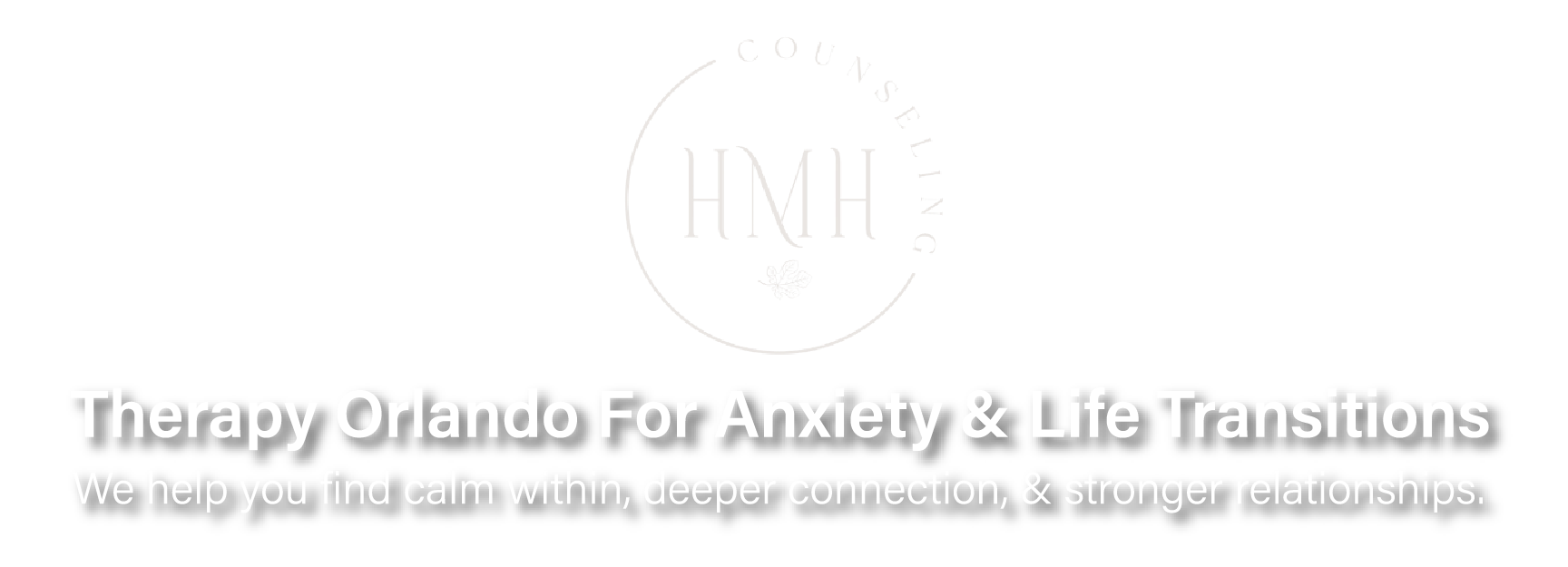Areas of Treatment:
 Depression Treatment
Depression Treatment
Therapy will enable you to understand what triggers your depression and not only helps you to develop tools for finding your way out but teaches you ways of regulating difficult emotions moving forward.
Together we can identify the underlying cause of your depression so that we can treat it at the source not just address the symptoms. Therapy can also help to identify and change negative thinking patterns that may be contributing to your sense hopelessness or isolation. We can also explore potential lifestyle changes that will lead to optimal health and vitality.
 Anxiety Treatment (Generalized Anxiety Disorder)
Anxiety Treatment (Generalized Anxiety Disorder)
Therapy can help you uncover the underlying causes of your worries and fears; learn how to relax; look at situations from a new less frightening perspective; and develop better coping and problem-solving skills. Therapy gives you the tools to overcome anxiety and teaches you how to use them.
With each step forward in therapy, your confidence will be restored. You will gain knowledge, skills and control over your thoughts, feelings and behaviors leading to a healthier more fulfilling life.
 Adjustment Disorder (difficulty coping with stressful life changes and events)
Adjustment Disorder (difficulty coping with stressful life changes and events)
Are you feeling stressed out and having difficulty adjusting to a recent transition in your life? Transitions are a normal part of everyone’s life. Negative changes such as being diagnosed with a chronic health condition, a recent break up from a relationship or being fired from your job can cause significant amount of stress and lead to anxiety or depression. Sometimes even positive transitions like buying a new home, getting married or changing jobs can have its own unique stressors.
If someone doesn’t have the necessary coping mechanisms to deal with the level of stress they are experiencing, they will eventually notice drastic changes in their physical and mental health. This is known as Adjustment Disorder, which causes a wide array of symptoms, including depression, anxiety, fatigue, trouble sleeping, and feelings of hopelessness.
The symptoms often occur when someone’s reaction to the type of event that occurred is stronger than they expected. They experience more emotional turmoil than experienced by others facing the same situation. You don’t have to face your struggles alone. We can face them together. Through our sessions you will be able to gain clarity on the cause of your distress, identify and use your strengths, develop better coping and stress management skills.
 Integrative Medicine and Mental Health
Integrative Medicine and Mental Health
Recognizing YOU, not your diagnosis or symptoms, as the center of your treatment.
An integrative approach is healing oriented, considers the whole person, mind, body and spirit, and includes all aspects of lifestyle. The goal is to help patients regain mental wellness through the use of an individualized approach that may include nutritional and dietary interventions along with traditional medical treatments, including medications and psychotherapy. It incorporates whole body changes into treatment. This may include an assessment of your exercise and nutrition regiment as it relates to mental health.
Who is integrative medicine for?
Many people can benefit from integrative medicine, including healthy people. It can be helpful for those that have not had improvement with traditional mental health interventions alone. It can also be helpful for those suffering with both mental health and long- lasting chronic or complex conditions such as Obesity, chronic fatigue or migraines.
By combining evidence-based conventional mental health treatment along with proven alternative and natural therapies I can help you achieve your overall wellness- not merely address your immediate symptoms.


 Anxiety Treatment (Generalized Anxiety Disorder)
Anxiety Treatment (Generalized Anxiety Disorder) Adjustment Disorder (difficulty coping with stressful life changes and events)
Adjustment Disorder (difficulty coping with stressful life changes and events) Integrative Medicine and Mental Health
Integrative Medicine and Mental Health